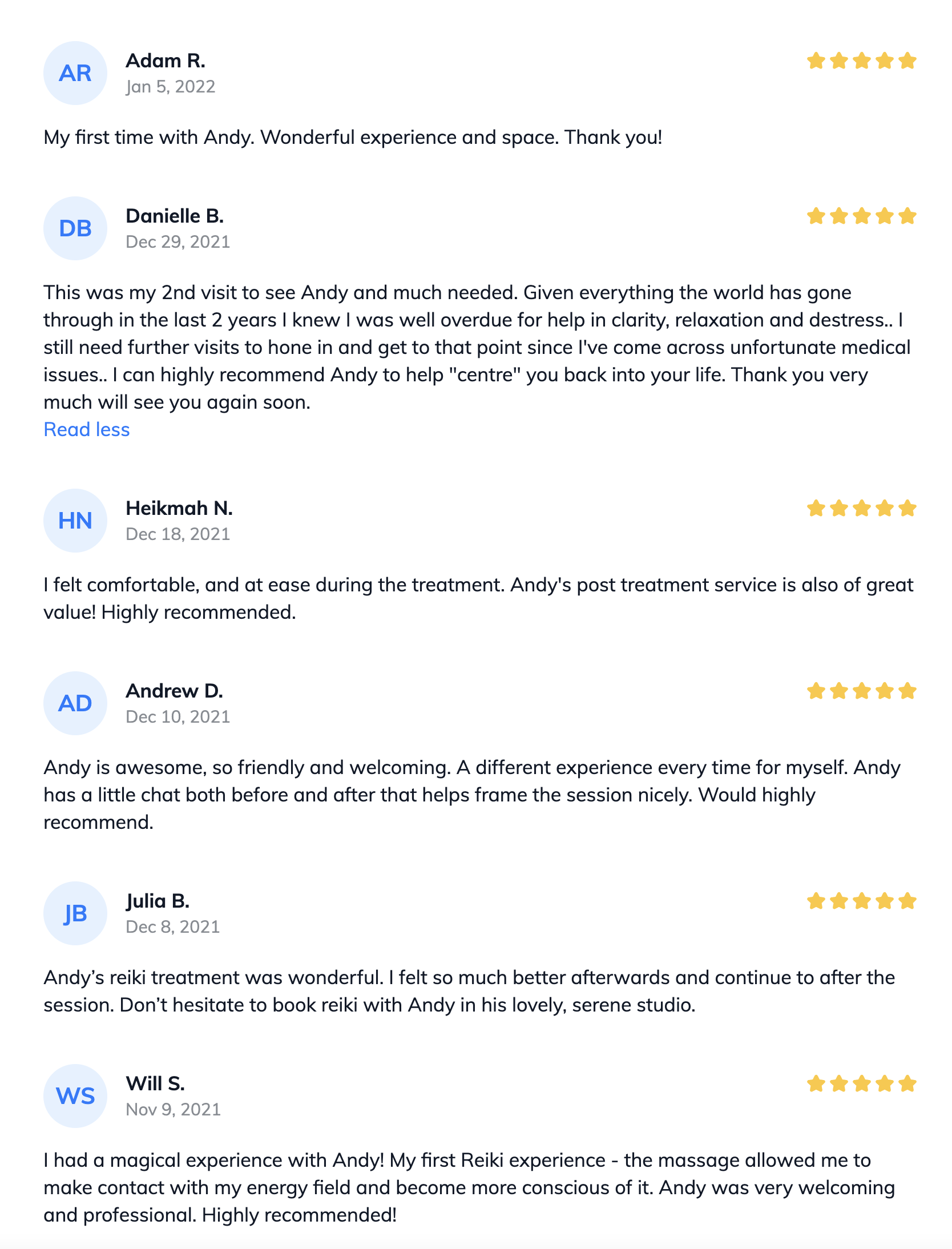 I’ve had many clients visit over the years who have talked about being in a toxic relationship as a reason for coming for a treatment. It could be a romantic relationship or just a friendship, or used to describe a workplace. And it got me wondering about the word ‘toxic’ and what’s it all about?
I’ve had many clients visit over the years who have talked about being in a toxic relationship as a reason for coming for a treatment. It could be a romantic relationship or just a friendship, or used to describe a workplace. And it got me wondering about the word ‘toxic’ and what’s it all about?
Lillian Glass is a specialist in communication, who had a private practice in Beverly Hills, first helping those with voice and speech disorders, and then working on self-confidence and communication skills to the stars. She’s the author of 12 books, including the 1995 book Toxic People. Glass describes a toxic relationships as one in which people ‘don’t support each other, where there’s conflict and one seeks to undermine the other, where there’s competition, where there’s disrespect and a lack of cohesiveness.’
So, I can see how the expression can be useful. If someone is trying to make a relationship work or is ignoring how it is not working, defining the relationship as ‘toxic’ could be the push the person needs to get out of the relationship. It can be used to say, ‘I’m going to stop pretending this is good, and I need to find ways out of it.’
But I do worry that this idea and language has been spreading far and wide for over two decades now and that in some cases, it might not be accurate or true.
People are complicated. Relationships and friendships are complicated. The differences between us can cause friction and misunderstanding.
The other thing is that friendships and relationships may not last forever, and nor do they need do. We have different reasons for being in each other’s lives, and sometimes what worked for a while, doesn’t work any longer. Instead of sounding like I’m preaching, I should admit that it’s been one of my great weaknesses in life to hang onto friendships for dear life, to fret and worry about their maintenance and being in contact, and to focus too much on them. I have left friendships behind. Others have left me behind. But I have learned, over time, to accept that. As one of my friends told me long ago, ‘Doors open, doors close’.
If it truly does help you to recognise a relationship as toxic, because it prompts you to action to do something about it, then by all means, do so. But otherwise, I invite you to do some reflection. While I understand that there are some people who act in really negative ways and treat others badly, my worry is that based on my many clients, quite a few people classify every negative relationship as ‘toxic’, rather than a more objective understanding that relationships and friendships don’t always last and that they may require work and effort. I also think that it may be really hard to let go of relationships and move on if you’ve classified them in your mind as being, literally, poisonous.

